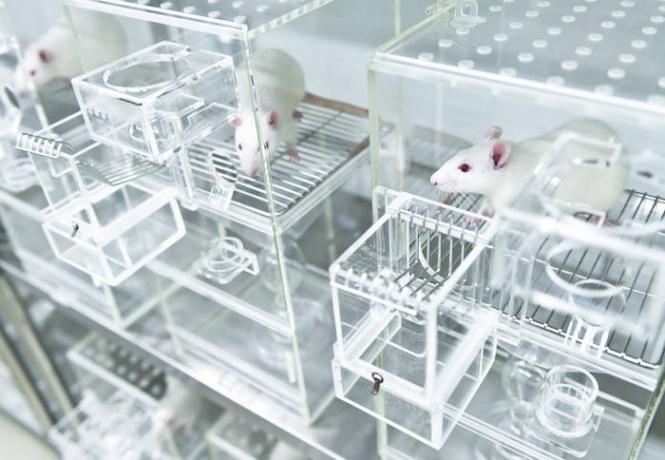Scientists have long been studying the issue of periodic starvation.
This made it possible to prove that this method can extend life. A look at the studies that were carried out in different parts of the world.

Research / istockphoto.com
№1. German zoologists conducted the study, which studied two groups of mice: 1st - a physically active individuals, 2nd - mice, which are almost not moving. All receive the same portion of food, and active mice lived much longer. But when the test subject from the second group reduced the dose, they lived much longer than physical activity.
Scientists argue that the whole point of the protein, which is involved in the regulation of cell growth and plays an important role in the aging process. In mice, it increases the level of gluttons and the DNA molecules are destroyed.
№2. Southern California scientists from the University found that fasting raises immunity. In order to detect it researchers had to deny a guinea mouse in food for 2-4 days within six months. It was found that fasting resulted in a sharp decrease in the number of leukocytes in the blood, and normalizing dietary levels of immune cells not only restored, but also increased compared to the same.

Experiments / istockphoto.com
№3. Researchers from the University of Wisconsin put forward another hypothesis, which is based on the fact that fasting activates certain genes responsible for the deterioration of the body. The study involved two groups of rhesus monkeys involved. The first group, for 10 years, a low fat diet, the other had a nutritious diet. Of the group, who was sitting on a diet 90% live monkeys. In the control group, eat normally, twice the mortality rate, and live only 70% of macaques.
You will be interested to know, as sugar influences the early aging of the skin

